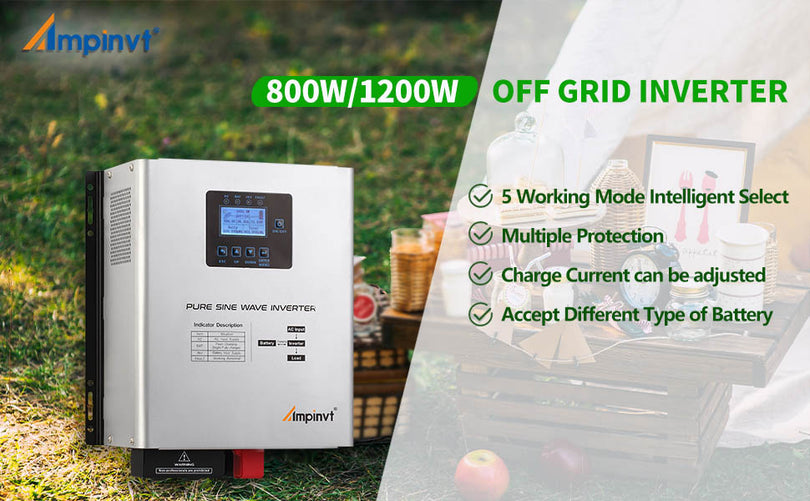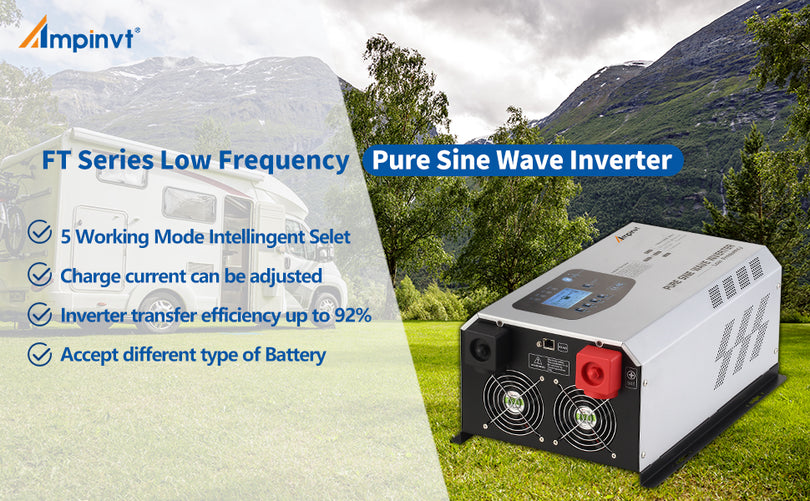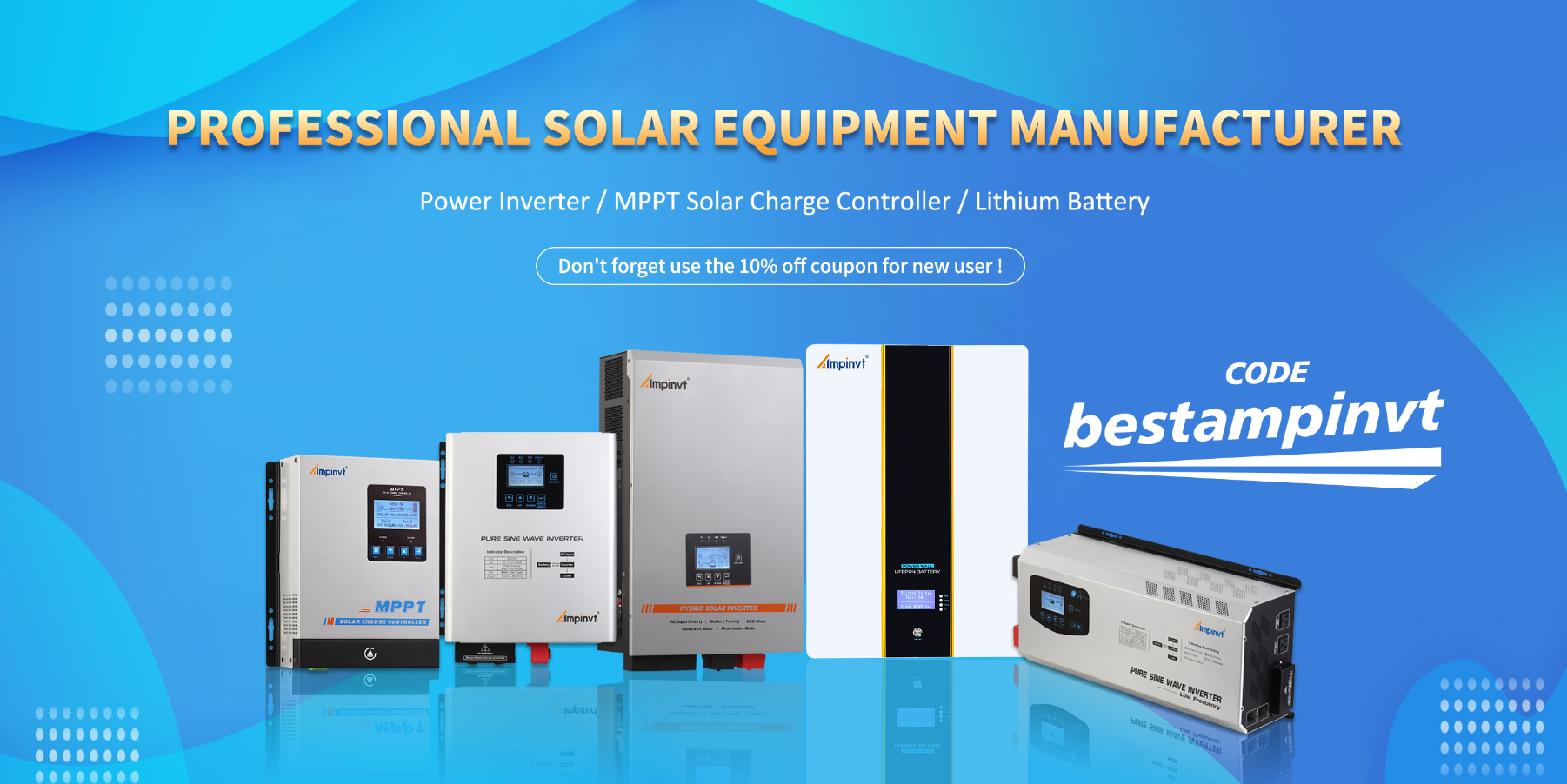What's the difference between high and Low frequency inverter?
There are two types of power inverter : High frequency and low frequency.
An off-grid inverter/converter is a simple device that converts DC power from a battery (direct current 12VDC, 24VDC, 48VDC or 96VDC ) into AC power (alternating power 120VAC or 220VAC-230Vac-240VAC). This power can be used for household and electrical appliances such as fridges, televisions, and mobile phone chargers. Because they provide plenty of electricity, inverters are essential for those who don't have access to mains power.
Inverters with low frequency have two advantages over high-frequency ones: reliability and peak power capacity. Inverters with low frequency are able to handle higher power spikes over longer periods of times than high-frequency ones.
Low-frequency inverters are capable of operating at peak power levels of up to 300% for several seconds. High-frequency inverters, however, can only operate at 200% power for a fraction of a second.
The second major difference is reliability. Low-frequency inverters use powerful transformers that are more reliable than high-frequency MOSFETs which use electronic switching, and more susceptible to damage at higher power levels.
These qualities are not the only advantages of low-frequency Inverters. They also offer a broad range of technical capabilities and features that high-frequency Inverters do not have.
For example, like hand drills, motors, air conditioners, and water pumps, these power frequency inverters with inductive loads with large starting current have better stability and stronger load capacity.
The Low- frequency inverter can run and work for a long time and is more durable
Features of low frequency inverter:
1. The cost of a Low frequency inverter with low power is more expensive than a high frequency one.
2. The low frequency inverter is heavier than the high frequency one of the same power.
3. The inverter frequency converter's efficiency is lower than the high frequency one. Also, the iron loss remains the same under both full load and light loads. Therefore, the no-load loss for the power frequency inverter under light load is quite large.
4. The power frequency inverter's reliability is greater than the high frequency one, and it is difficult to damage.
The load capacity of the power frequency inverter, particularly the impact load capacity is greater than that of the high frequency inverter. It can also suppress high-order harmonic components within the waveform.
High Frequency Inverter Features:
1. High-frequency inverters have a very low no-load loss, which makes them efficient.
2. The high-frequency converter is small and lightweight.
3. The high-frequency Inverter is low in no-load and has a relatively small overload capacity. It cannot connect to full load inductive loads such as:
Photocopiers, laser printers, and magneto-optical hard drive
Some fluorescent lights equipped with electronic ballasts
Power tools that use "solid state" power, or have variable speed control
A selection of battery chargers for cordless devices
New furnaces and pellet stoves now with microprocessor control
Radio-compatible digital clocks
Sewing machines that have speed/microprocessor control
X-10 home automation system
Medical equipment, such as oxygen concentrators
Comparison of high frequency and low frequency inverters:
1.Inverters with low frequency are more reliable than those with high frequency.
The power frequency converter uses a thyristor rectifier (SCR), which is very resistant to current impact. The SCR is semi-controlled, so there won't be any faults like shoot-through or false triggering. The IGBT high frequency rectifier, which is used in the high frequency inverter, has a high switching rate. However, it has a tight voltage and current area during operation and has low impact resistance. In terms of overall reliability, LOW frequency inverters tend to be more reliable than high frequency inverters.





